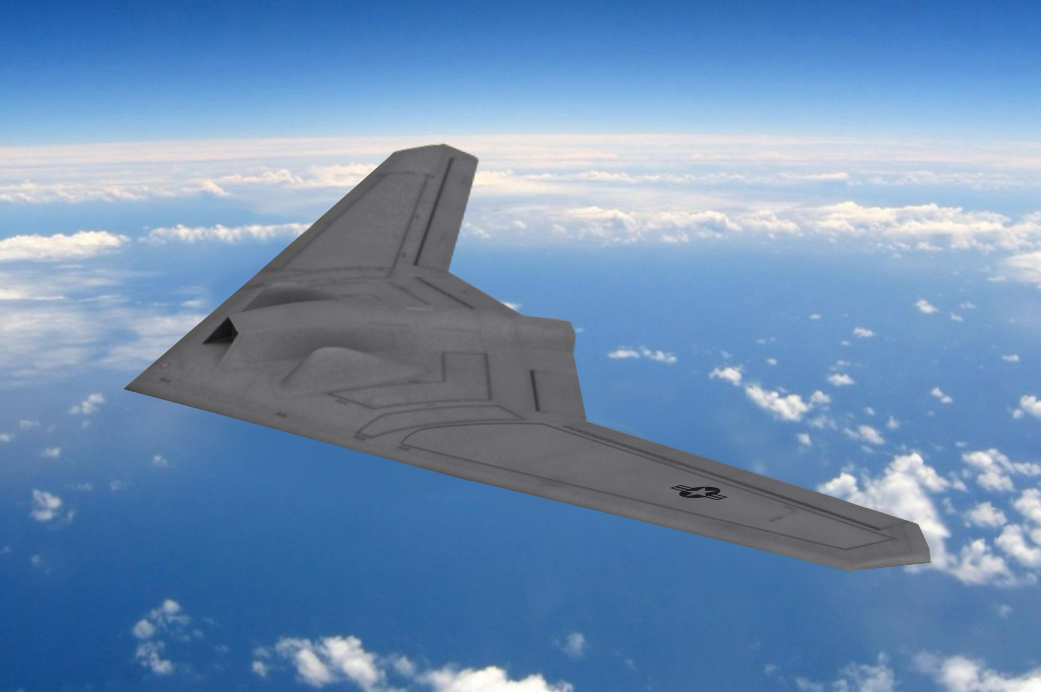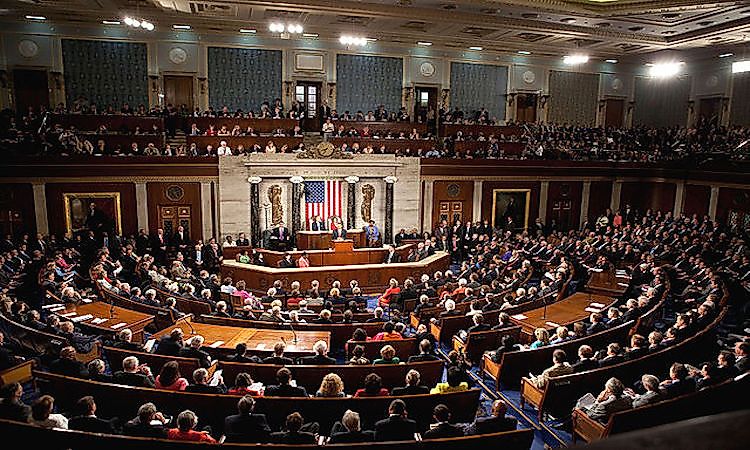Arguably the most arduous war the US had fought to date, the war against terror pales the pointlessness of Vietnam. After rigorous attrition of Afghani civilian and American force’s lives and taxpayer money, the US eventually pulled out of the twenty-year-old conflicted empty-handed, ending the period of interregnum. However, upon closer, company owners, firms, and influential individuals might have used this war for profiteering and capitalised on the situation to suit their greed while lives perished and were decimated.
)
The US is known for its free market and privatising amenities like health care and healthcare insurance. This includes management and supplies for fighting the nation’s wars for which security companies provide: trained manpower, food, supplies, ammunition, fuel tanks, transportation and military units vehicles. Hence through United States Federal Contractor Registration (USFCR), bidding is done to attract private companies of her sort to get the best price and give the government contract to the firm. This process is defenestrated in the situation of immediate conflicts like Afghanistan, where the government showers money during wartime. If Pentagon wants something to be done quickly, the privatised firm has to do nothing but name their price for a government contract.
Despite the apparent mobility of this action bestowed by the bureaucracy to respond with utter immediacy, this fuels power-hungry ideas to individuals for adding more than their coffers can hold. Here is the list of individuals who have used this loosened jurisdiction and the war to take advantage.
Robert Stevens

The Former CEO of Lockheed Martin. The company is a designer and manufacturer of jets, helicopters and bombs alongside other paraphernalia excellent in assisting killing and elimination. This CompanyCompany has been a long-time partner of the Pentagon for business deals, with 2020 seeing them getting paid $75 Billion by the government for fulfilling government contracts for supplying during the Afghan conflict. This is larger than the entire budget of the foreign ministry, which totals around $44 Billion. Federal contracts generate the Company’sCompany’s 90% of the revenue. Robert became the CEO in 2004, and the longevity and brutality of the war were directly proportional to his pocket depth.
In 2000 the CEO of Lockheed was earning around $ 2 million, including salary and bonus. After the invasion in 2001, the CompanyCompany started getting flooded with contracts. By 2005 the CEO, now Robert, earned $ 5 million and $ 18 million by 2006. Eventually, in 2007 Robert earned $31million. War indeed had served Robert well.
Steven Orenstein

His company, called Supreme group, was handed contact to provide all the food for American troops stationed in Afghanistan. Ever since the contract was awarded, their business has expanded by 50 times. The department of defence paid Supreme $ 5.5 Billion for delivering food to troops. Similar to Lockheed, 90% of Supreme’s business became providing food to troops. Steven realised that money charging was free for all since the US gov won’t negotiate during a state of emergency. Steven’s assumption came true as no matter how much a simple meal would cost, the government didn’t intervene and just threw wads into Steven’s bank. However, the biggest exploitative trick that he pulled was to create subcontracting companies that won contracts and got paid for nothing. Steven became a billionaire. Even though he was caught in 2013, the fine was pennies to him. His only punishment was that he had to pay $381 million.
American Congress

Corruption is legal for them because they are the ones who made the law. As a member of CongressCongress, you can buy defence/security companies’ stocks. At least 47 members of CongressCongress and their spouses hold between $2 to $6 million worth of stocks in defence companies. The most heavily invested member of CongressCongress is Kevin Hern, who owns over a million in stocks of defence firms with $880,000 invested in Honeywell, a company whose stock had seen an exponential rise ever since 2009 when fresh American troops were sent to Afghanistan under the Obama administration. The case of Senator Gary Peters is, however, even worse since he is a member of the Arms Services Committee. This committee is responsible for setting the Pentagon’s budget. He is heavily invested in Raytheon Technology Corporation, which again provides weapons for war. Hence Gary makes approval of the Pentagon’s spending which increases the profitability of the company he has invested the stocks for.

